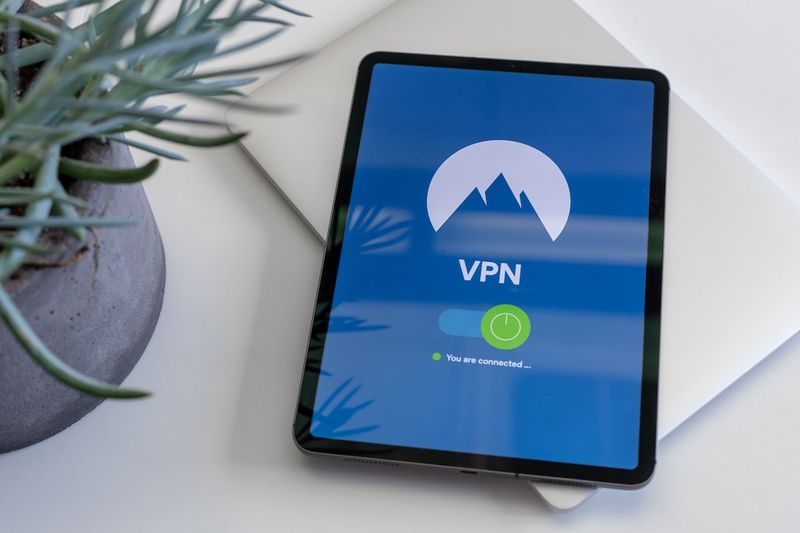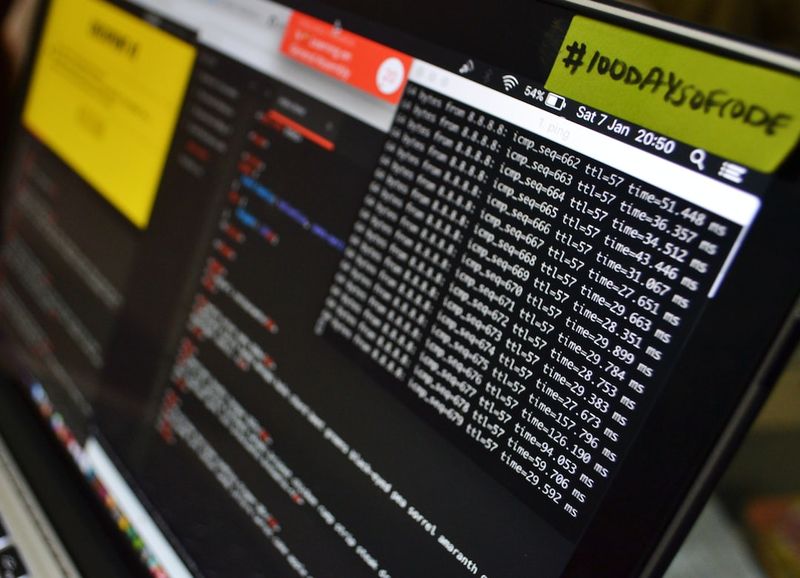Cybersecurity Breach at a Physical Security Company Raises Concerns
Background
In a concerning incident last month, British perimeter security company Zaun Ltd. fell victim to a cyberattack by the LockBit group. While the hackers only accessed a small portion of the company’s internal network, the leaked data appears to include sensitive information regarding the physical security of agencies within the UK Ministry of Defence. This breach highlights the urgent need for robust cybersecurity measures, especially in industries where physical security plays a critical role.
The Attack
The attack on Zaun Ltd. began in early August when the LockBit group targeted one of the company’s manufacturing machines, which was controlled by a PC running on the outdated Windows 7 operating system. While Zaun’s cybersecurity systems prevented the encryption of its data, the attackers managed to exfiltrate approximately 10 gigabytes of information, roughly 0.74% of the total stored data. The stolen data may include historic emails, orders, drawings, and project files, according to the company.
The Potential Impact
Contrary to Zaun’s characterization of the breach, several British tabloids reported that the LockBit group leaked sensitive information related to Zaun’s business with entities within the UK’s Ministry of Defence. This leaked data reportedly includes details about security equipment at a Royal Air Force station, a military research facility, a British Army barracks, and several UK prisons. Furthermore, sales orders made by military and intelligence agencies, including GCHQ and a Royal Navy base in Scotland, were also exposed. The potential compromise of classified documents poses significant implications for national security and raises questions about the cybersecurity practices of defense contractors.
Cybersecurity and Outdated Software
The use of outdated software, such as Windows 7, in industrial plants is a widespread issue. Factors such as the prioritization of uptime, safety concerns for on-site staff, and budget limitations often contribute to the persistence of outdated systems. However, these vulnerabilities provide an easy entry point for cybercriminals. In this case, the breach could have been prevented or mitigated if Zaun had implemented up-to-date security measures and promptly upgraded their operating systems.
The Importance of Timely Updates
The end of support for a particular software version should serve as a clear indication for users to upgrade their systems. In the case of Windows 7, support concluded in 2020, and extended security updates ended in January 2023. Organizations must prioritize the timely adoption of security patches and system upgrades to defend against evolving cyber threats. Neglecting these updates not only poses a risk to the organization itself but also to the security of the entire ecosystem it operates within.
Concerns for National Security
The Nature of the Compromised Data
While Zaun attempted to downplay the severity of the breach, the leaked information holds potential implications for national security. Details about security equipment at military installations, research facilities, and prisons can aid adversaries in planning attacks or exploiting vulnerabilities. Sales orders made by defense and intelligence agencies provide valuable insights into their operations and procurement strategies. The compromise of such information raises concerns about the overall security of critical defense infrastructure.
The Role of Defense Contractors
This breach serves as a wake-up call for the UK Ministry of Defence and other government agencies, emphasizing the need for robust cybersecurity protocols for defense contractors. With defense contracts involving sensitive information and critical infrastructure, it is crucial that these contractors uphold the highest standards of cybersecurity. It is the responsibility of both the government and defense contractors to ensure that appropriate cybersecurity measures are in place and that systems are regularly audited and updated.
Regulatory Frameworks and Accountability
As incidents like this highlight the potential risks posed by cyberattacks on defense contractors, it becomes imperative to establish comprehensive regulatory frameworks for cybersecurity in the defense industry. Compliance with rigorous standards should be mandatory for defense contractors to mitigate risks and safeguard national security. Additionally, holding contractors accountable for breaches through legal and financial consequences would incentivize the adoption of robust cybersecurity practices.
Advice and Next Steps
Adopting Best Practices
Considering the implications of the Zaun breach, organizations, especially those in critical industries like defense and physical security, should prioritize the following best practices:
1. Regularly update and patch software: Timely installation of security updates and patches can prevent exploitation of known vulnerabilities.
2. Upgrade outdated systems: The use of unsupported or outdated operating systems significantly increases the risk of cyberattacks. Upgrading to the latest versions of software ensures access to the latest security features.
3. Implement multi-factor authentication (MFA): MFA adds an extra layer of security, making it more difficult for unauthorized individuals to gain access to critical systems and data.
4. Conduct regular security audits: Regular assessments of security systems and practices can help identify vulnerabilities and ensure timely mitigation.
5. Provide cybersecurity training: Educating employees about potential threats, phishing attacks, and best security practices can significantly reduce the risk of successful cyberattacks.
Government Action
In light of this breach, the UK government should take proactive steps to strengthen cybersecurity requirements for defense contractors. This should include mandatory adherence to robust security standards, regular audits, and ongoing monitoring of contractor cybersecurity practices. Additionally, the government should consider providing financial and technical support to help defense contractors upgrade and maintain their cybersecurity infrastructure.
The Path Forward
Cybersecurity threats are evolving at an alarming rate, and organizations must adapt accordingly. The Zaun breach serves as a stark reminder that investing in cybersecurity is essential, particularly in critical industries. By adopting best practices, implementing necessary upgrades, and fostering a culture of cybersecurity, organizations can mitigate the risk of cyberattacks and safeguard the integrity of critical infrastructure. It is imperative that both government and private entities work collaboratively to ensure the highest levels of cybersecurity, especially in industries that directly impact national security.

<< photo by Petter Lagson >>
The image is for illustrative purposes only and does not depict the actual situation.
You might want to read !
- The Vulnerability Unveiled: A Closer Look at PHPFusion CMS’s Security Gap
- Tackling the Challenges of IoT Security: Tuya Smart and Amazon Web Services Join Forces
- GhostSec Exposes Alleged Iranian Surveillance Tool: A Cyber Espionage Revelation
- UK Defense Vulnerabilities Exposed: Ransomware Attack on Zaun Raises Alarms
- Exploring the Consolidation of Cybersecurity: A Breakdown of 40 M&A Deals in August 2023
- Global Cybercrime dealt a major blow as FBI and European partners seize major malware network
- NATO Launches Probe into Suspected Breach of Unclassified Information Sharing Platform




